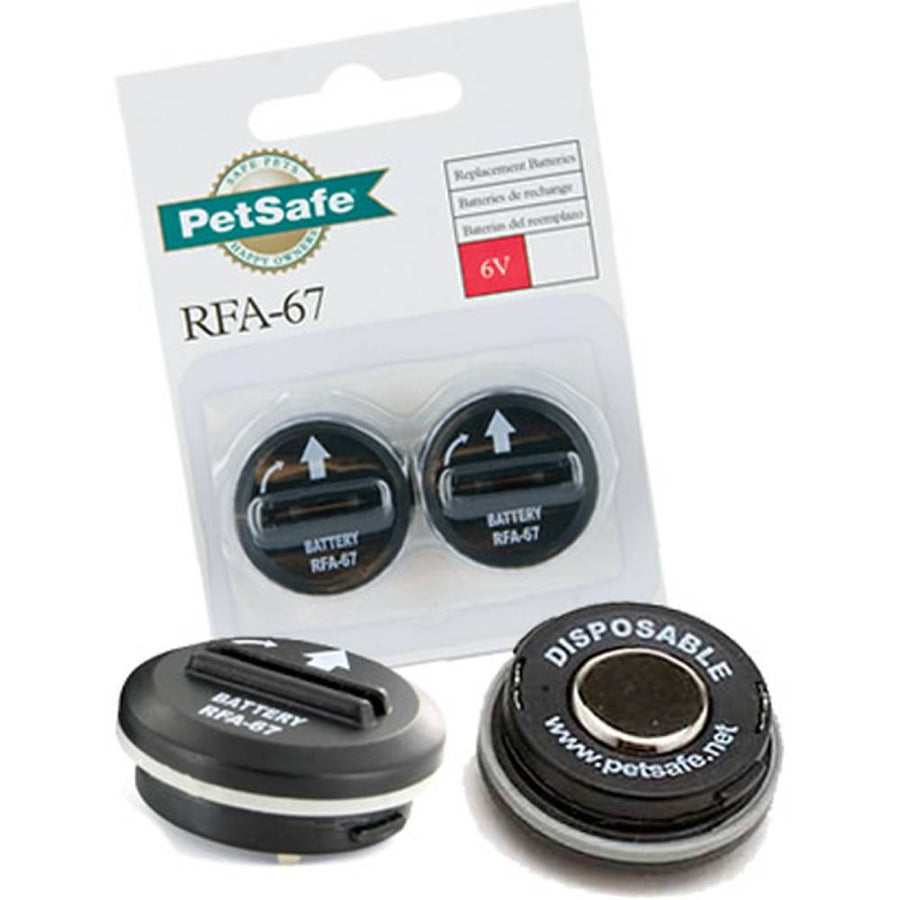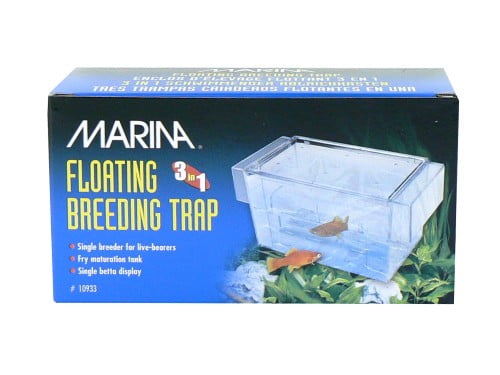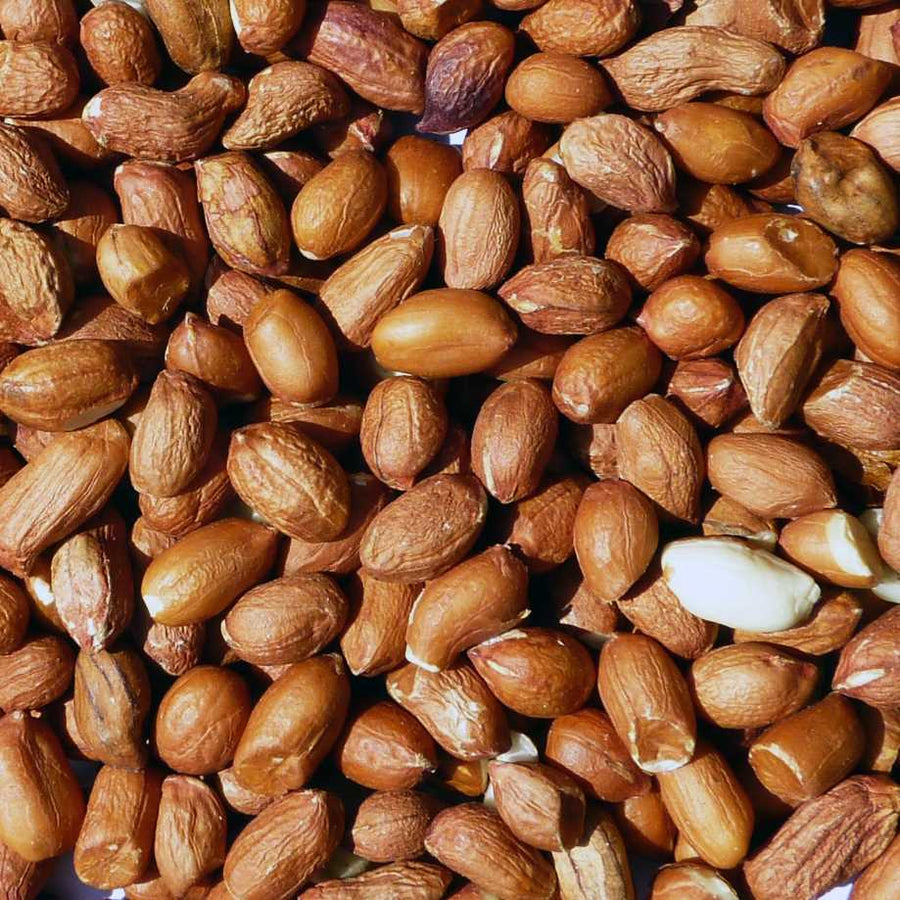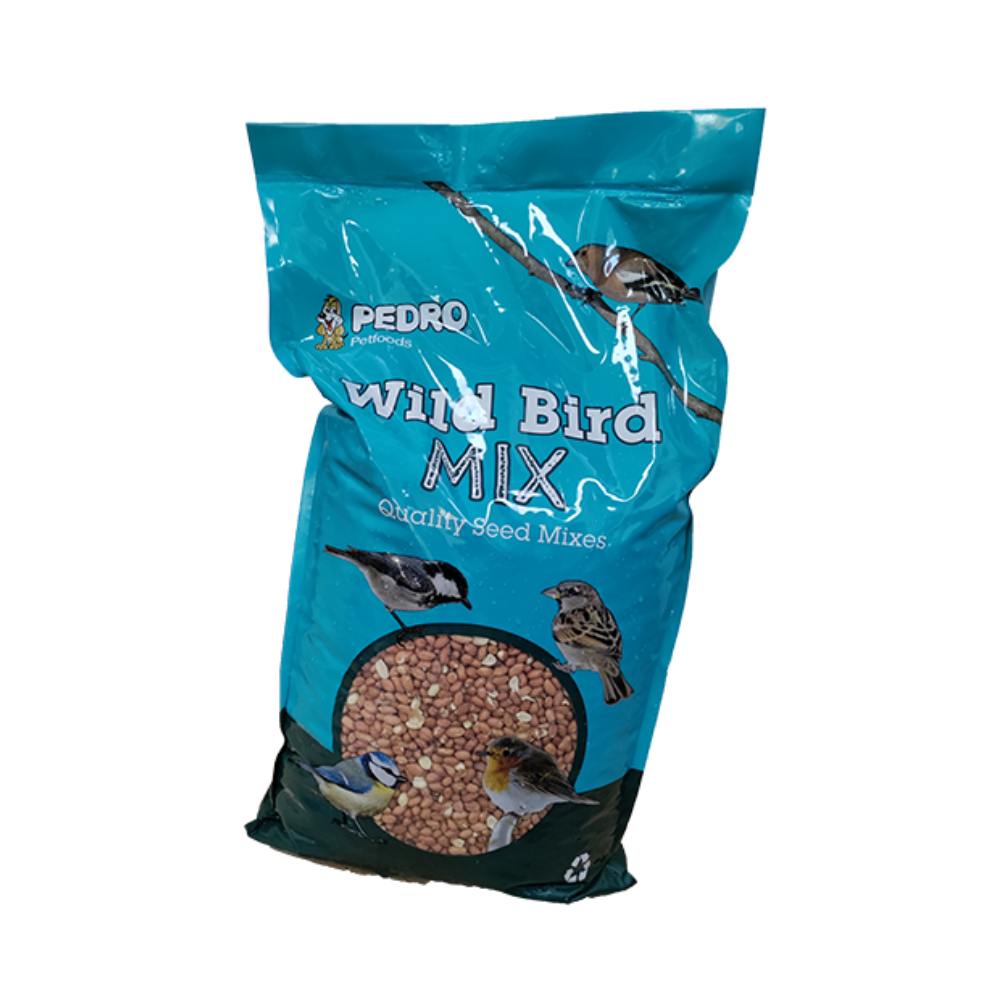Dog Vaccinations
| Annual vaccinations for dogs have been standard for a long time, but the recommendations were never based on scientific studies. |
Veterinarians and pet owners are beginning to question the need for yearly boosters.
Distemper (CDV)
Severe contagious virus, often fatal. Young puppies are at highest risk
Initial round of shots to be given every three weeks from 6-15 weeks old, booster in one year, then every three years.
Hepatitis (IHC)
Contagious infection of the liver. Puppies and Young dogs and geriatric dogs at highest risk.
Initial round of shots to be given every three weeks from 6-15 weeks old, booster in one year, then every three years.
Parvo (CPV)
Highly contagious, often fatal intestinal virus. All dogs at risk, especially in multiple dog environments.
Initial round of shots to be given every three weeks from 6-15 weeks old, booster in one year, then every three years.
Rabies
Fatal infection of the nervous system. All unvaccinated mammals, including humans, can get rabies.
Initial shot at 12 weeks, then every three years (some states require annual vaccinations).
Bordetella (Kennel Cough)
Common upper respiratory infection, highly contagious. Most boarding kennels require this vaccine.
Initial dose can be given at 6 weeks of age and every 6 months thereafter is risk is high.
Lyme Disease
Bacterial infection causing swollen joints, neurological problems and lethargy. Once infected, symptoms can be eased with antibiotics but there is no cure.
Dogs who spend time outdoors should be vaccinated at 9 weeks, and annually ( prior to tick season) thereafter. Certain products (Advantage and Revolution) can ward off the ticks and vaccination may not be necessary.
Chlamydiosis
(feline infectious peritonitis)
A risk to cats in shelters and multiple cat households, the symptoms are mild upper respiratory infection and conjuctivitis. Fewer than 5%
of upper respiratory cases involve Chlamydiodis but the vaccine causes many adverse reactions (compared to other vaccines). Not recommended unless at serious risk.
Dermatophytosis
(Ringworm)
This fungus (skin infection) is highly contagious to other cats, dogs and humans. Initial dosage and boosters
boosters have not yet been established. Vaccines cannot eliminate an external fungus and topical preparations will be needed as well.
Dermatophytosis
(Ringworm)
Like the Canine bordetalla (aka Kennel Cough) this is a bacterial upper respiratory infection. Young kittens are at highest risk.
Recommended dosage and boosters have not yet been established. Side effects unknown. Further studies needed.









